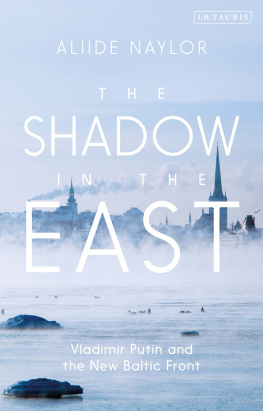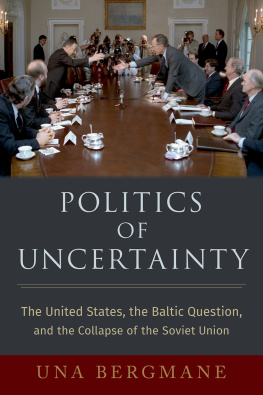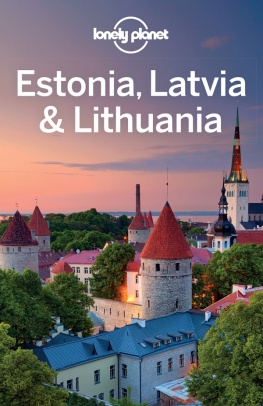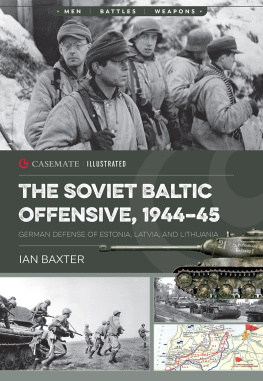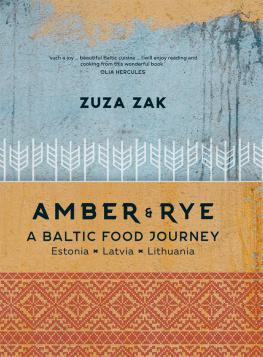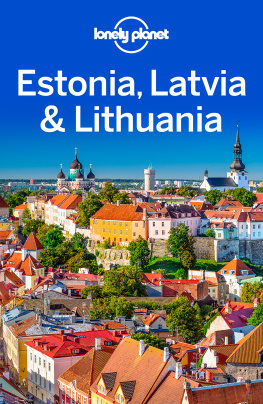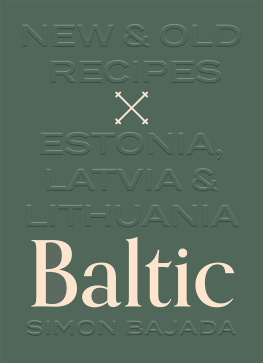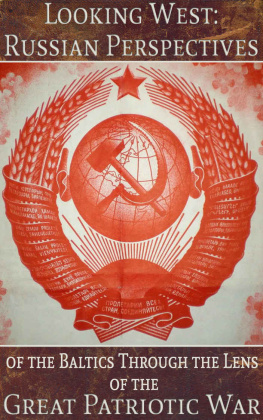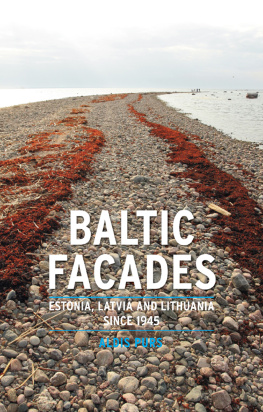
THE SHADOW
IN THE EAST

CONTENTS
First and foremost, I would like to thank Thomas Stottor, who saw the potential in the article that led to this book, had continued confidence in it, and whose constructive advice has made it exponentially better. I would also like to thank Tomasz Hoskins who took over as my editor after Thomas left and brought the book over the finish line. Both of you have been very patient and encouraging, and you are not only great editors, but lovely people too.
I am indebted to Marc Bennetts and David Patrikarakos. I sought professional advice from both of you, and you have given me a great deal of your time and engaged in several hilarious and informative conversations. Marc, you read my early chapters and encouraged me with your positive feedback, while injecting everything with your dry humour. David, you connected me with people looking for regional expertise and have been championing my writing. Youre a constant source of motivation and I am very grateful for that. I hope this work lives up to both of your high standards.
My heartfelt thanks go to the numerous people who facilitated my research over the course of writing this book. Primarily, my interviewees who gave me their time and multitude of varied perspectives. As I travelled, several people hosted me for free. It is impossible to name them all. However, I am particularly thankful to Ieva (and family) for allowing me to stay at the Ventspils apartment without being there herself, having never previously met me. Eugenijus too, for basically saving the project by selling me a ten-year-old laptop for 40 in Vilnius after mine unexpectedly broke. I am grateful to Rees and countless others on the ground who gave me vital assistance, and the two anonymous reviewers who provided insightful and extraordinarily helpful feedback on the manuscript. This book could not have existed without any of you.
One of the pitfalls of having lived abroad for so long means losing touch with old friends, and emerging with new friends scattered across the globe. I am thankful for the depths of the connections that have survived despite long periods of physical distance. I am particularly grateful to Ian Helmke, who has been a seemingly inexhaustible supply of support, love, and patience. You have motivated and sympathized, brought me coffee and sashimi, and keep tolerating me even on days when it must be quite difficult to. Thank you, for everything. Hazel McMichael and Ben Conroy, you are dear, unfailingly reliable friends, and I love you both deeply. Delphine dAmora, for several insightful, empathetic conversations even if only via Skype. Solange Masher, Noah Woodman, Helen R. Lewis, Doug Wills, the TW Forum crowd. I would be lost without all of you. Zhenya Pavlovna, Simone Peek, William Echols for so much hilarity, creativity and such meaningful relationships while abroad, and the lovely game group (Jen, Angela, Robin, Maria, Elisa, Luca, Shobhan, Tom, He Xiang) upon my return to the UK. I am also thankful for various tutors and academics over the years, who have both inspired and helped me. At undergrad, Emmett Sullivan, for making me believe in myself, and Holocaust historian Dan Stone, who ran an absorbing comparative course on genocide, as well as staff and faculty in the 201112 MA cohort at the European University at St Petersburg for imparting their vast knowledge in such a difficult academic climate. I would love to list scores of twentieth-century (and particularly late-imperial/Soviet) historians but I again fear running out of space.
Equally importantly, I would like to extend my thanks to the editors and staff at The Moscow Times, who helped me hone my writing skills in the early stages of my career and and who gave me the opportunity to do my first serious reporting. I am similarly grateful to various editors at the list of publications mentioned in my biography, in particular Anoosh Chakelian at New Statesman and Jessica Leber during her period with Vocativ, both of whom have been as meticulous as they are kind and communicative. My gratitude also goes to Gordana Andric and Siri Sollie, with whom I worked closely as an editor myself.
Last (but not least), to my family. My mother Linda, father Robert, Alari, Elvine, Paige (and Nick!), as well as the various branches in Canada, Scotland, New Zealand and Estonia.
In the centre of the Lithuanian capital Vilnius, close to the ebbs and flows of the Baltic citys main train and bus stations, US President Donald Trump, with his infamous wisp of orange and blonde, is exhaling a jet of vapour through pursed lips into the expectant mouth of a heavy-lidded Vladimir Putin. Trump cradles the Russian presidents head in his left hand, a lit cannabis joint resting between his fingers, dense smoke spiralling upwards.
This street art is pasted on the wall of caf Keule Ruke. The name loosely translates as The Pig Smoked, using a parochial dialect and a play on words to suggest that the pig is either smoking a cigarette, or that the meat sold inside could be of the smoked variety. The image originally depicted Trump and Putin locked in an even tighter embrace when it appeared in the first half of 2016; an homage to Soviet leader Leonid Brezhnev and German Democratic Republic (GDR) leader Erich Hnecker who were snapped kissing by photographer Rgis Bossu in 1979, and immortalized on the Berlin Wall in 1990 by Russian artist Dmitri Vrubel in a painting titled My God, Help Me to Survive This Deadly Love.
In present-day Lithuania, sandwiched between Latvia, Belarus, Poland and Russia, the image touches several nerves. Both Trump and Putin are wearing identical black track jackets, suggesting a superficial similarity in political identity, and the closeness of two modern world leaders acting in agreement with little regard for any external background entities. Supremely wealthy, yet both attired in streetwear. The appropriation of an image from the now-defunct Berlin wall evokes a definitive pivot towards Europe, especially when combined with the visibility of suggested drug usage and homosexuality both of which in Russia would be touted as symbols of western decadence. There, the promotion of homosexual behaviour among minors is against the law. To the left of the picture, English-language text reads make everything great again.
The Baltic countries are smaller than most US states: Estonias population is 1.3 million about the same as New Hampshire or Maine. London has seven times the number. Latvia has just under 2 million, and Lithuania is approximately 2.9 million. They are hardly global heavyweights. Yet somehow, these minuscule nations have managed to collectively resist one of the largest superpowers of the twentieth century, the Soviet Union. The countries were the first outlying Soviet republics to start rebelling, demanding their freedom from Moscow. Nationalist movements in each country were adept at forging alliances with pro-independence movements in every region, and soon after republics such as Ukraine, Georgia, Armenia and Moldova started seeking independence too. Without the momentum of the Baltic nationalist movement, preceded and facilitated by the last Soviet leader Mikhail Gorbachevs liberalization policies, the Soviet Union may not have collapsed in 1991.
While Russias domestic politics have since undergone dramatic periods of transition (which will be covered later in the book), including Putins first stint as president in the year 2000, the geopolitical arena has changed significantly in the past decade or so, especially in Russias near-abroad. In 2008, Georgia (the country) started a war with Russia after months of Russian provocations, which ultimately allowed Russia to recognize parts of Georgias territory in the north, Abkhazia and South Ossetia, as independent states (the majority of other countries recognize Abkhazia and South Ossetia as Georgian territory under Russian occupation).
Next page
